
Starting June 1st, 2023 Our warehouse fee will be $0.65/cubic foot per month
In effort to lower the warehouse storage fee during inflation, we have went narrow aisle racking.This construction took us four months but the project is finally completed. With narrow aisle racking, we are able to drop storage by 24%.We as partners will go through this inflation together.
10/15/2023
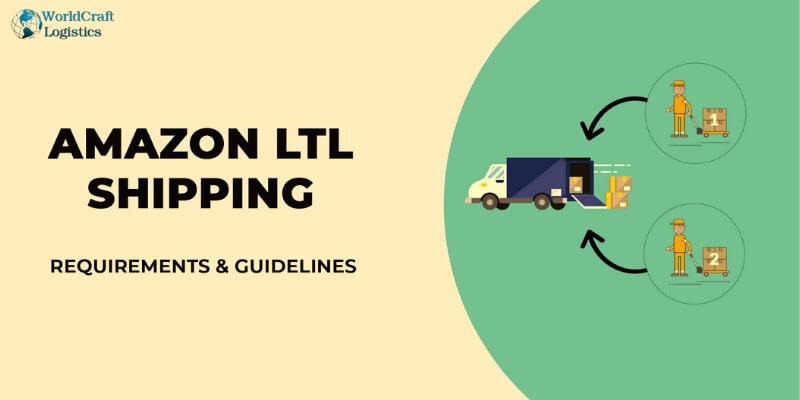
LTL (Less Than Truckload) is a facility or alternative used to transport small freights or when a full trailer is not necessary. What is Amazon LTL? Simply said, this happens when you transport pallets of merchandise to Amazon via truck rather than sending individual boxes through shipping partners. When you start handling more items, especially if they are large items, you might want to start receiving them in 20' shipping containers. They usually arrive floor-stacked (see the photo below), and it will be your responsibility to load them onto pallets and ship them to Amazon.
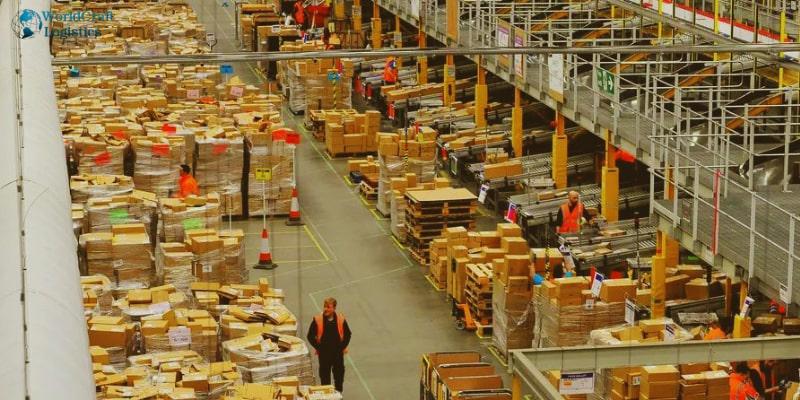
Going with LTL instead of shipping partners will almost certainly SAVE YOUR MONEY. When we send one of our items (an oversized item) three per case in the biggest boxes that UPS will accept for delivery to Amazon, the average cost per unit is $3.45. (We used to ship those things to Amazon separately, but it cost us about $5 per item!).
Calculate the costs of your product to see if you'll save money, of course. My most recent LTL cargo, which contained 8 complete pallets and was delivered via 3 different FCs, cost $975 in total. The cost per item would be slightly lower if more than 8 pallets were sent.
One of the rules for selling your goods on Amazon's marketplace is this. Over time, keep looking for ways to optimize in order to save time, enhance your items' quality and packaging, and boost your earnings. Friend. You can read the following article: What is an Amazon PPC campaign? Useful information for beginners
Amazon has worked with FTL/LTL (Full Truckload/Partial Truckload) Carriers to carry shipments weighing more than 150 pounds. So, when should you use Amazon LTL Shipping to save money and time?
When you want to save the most money, choose LTL.
If your freight weighs less than 15,000 pounds, go for LTL shipping.
If your freight does not require a full trailer, choose LTL.
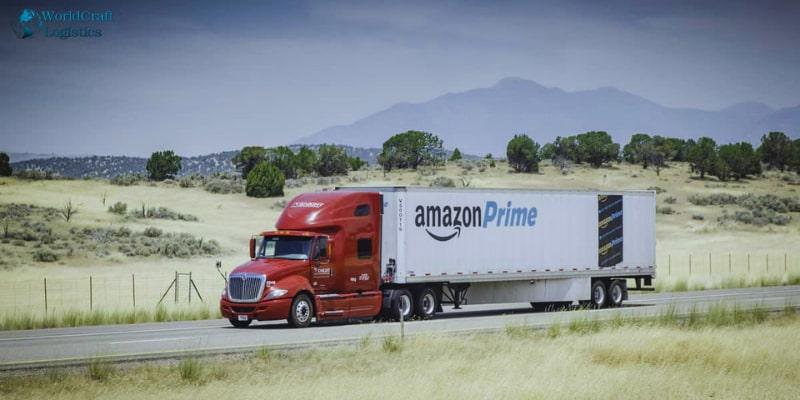
If you run an online business, you will like the Amazon LTL shipment option because it offers numerous benefits. These are some examples:
Increased Security: Prior to being loaded into a vehicle, the bulk of Amazon LTL shipments are stacked onto pallets. When compared to shipments with many smaller units, a well-packed pallet has a better chance of remaining secure.
Reasonably priced: This appears to save a lot of money because you will not fill the entire area in the truck and will just take up a tiny piece of it. As a result, LTL is a cost-effective solution for shipments.
Efficient Tracking: Each Amazon LTL carrier provides increased tracking capabilities via the bill, which includes information such as the PO number, shipment reference number, PRO number, pick-up date, lading number, and so on.
Service Options: When you ship with LTL Amazon, you gain access to a variety of special services such as lift-gates, fast collection, and quick delivery.
Eco-friendly: Because numerous occupants will be using the same truck, not only will fuel be saved, but the quantity of carbon emitted will also be reduced.
All our prices are based on postal code, so the cost depends on your delivery address and the Fulfillment Center your goods are going to.
Amazon standard pallet
Must be under 40x48x72 inches
Must be under 1500 lbs per pallet
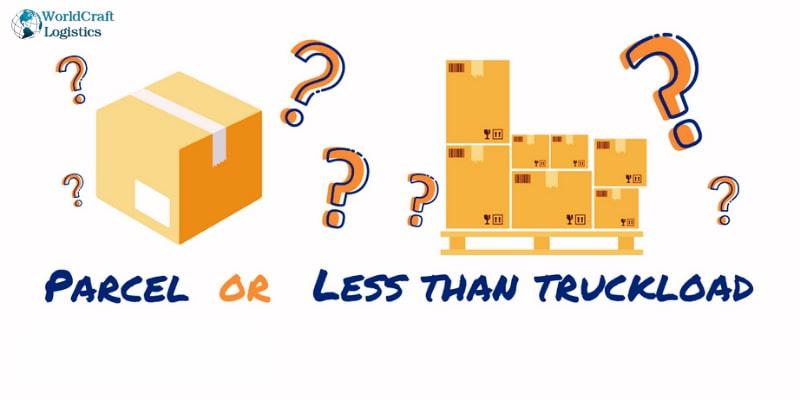
It is critical to carefully pack your cargo to guarantee that your merchandise arrives safely at Amazon FBA fulfillment centers.
It is critical to follow Amazon's box specifications when delivering via LTL shipping to ensure that your goods arrives at the warehouse on time.
So, what should you do?
You will be accountable for the following as an FBA seller:
What actions should your carrier take?
Make certain that your carrier:
As previously stated, as a seller, you are completely responsible for ensuring that the carrier you select complies with the regulations outlined below.
If the carrier you select violates the terms and conditions, the delivery will be rejected. So, make sure you follow the guidelines outlined below.
On the BOL, the carrier should include the Amazon Shipment ID, (PRO) tracking number, and reference ID, as Amazon will want this information when scheduling a dock appointment.
Before the appointment, the carrier should notify the pallet and box counts. Unit counts may be requested by the Amazon fulfillment center.
When the carrier arrives at the Amazon fulfillment center, it must provide a BOL document that meets Amazon's specifications. If no physical document is available, the carrier may provide a soft copy of the BOL document.
This section mostly contains information on box restrictions and pallet requirements.
Box Limits: A single LTL shipment cannot exceed 4,999 boxes. To ship more than 4,999 boxes, you must establish a new or second cargo.
The Pallet's Requirements:
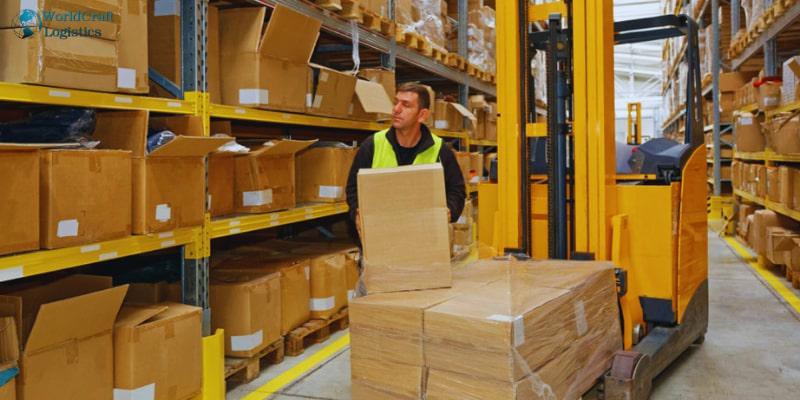
Amazon's LTL program, called as the Amazon LTL Partner Program, was created for third-party carriers who want to cooperate with Amazon to transport LTL shipments. To become an Amazon LTL carrier, you must normally complete the following steps:
Meet Eligibility Requirements: Typically, Amazon had specified requirements for carriers, including as equipment, safety regulations, and financial soundness. To be considered, you must meet these qualifications.
Apply Online: Go to Amazon Carrier Central and fill out the online application. Typically, you would be requested to supply information about your organization, such as its size, capabilities, and LTL shipping experience.
Documentation: You will very certainly be needed to produce several documents, such as insurance certificates, safety records, and any applicable permissions or licenses.
Amazon may conduct a safety audit of your business activities. This may entail on-site inspections of your facilities as well as a review of your safety procedures and records.
Accept Amazon's Terms: If your application is accepted, you will be required to accept Amazon's terms and conditions. As an Amazon LTL carrier, these terms would describe your responsibilities and obligations.
Integration with Amazon Systems: Once approved, your systems must normally be integrated with Amazon's logistics and technological infrastructure. This may entail using Amazon's transportation management systems (TMS) and following their procedures.
Begin Hauling LTL Shipments: Once you have completed the onboarding process, you will begin hauling LTL shipments for Amazon. The specifics of how you receive and handle shipments will be determined by your Amazon agreement.
Small parcel delivery is the sending of individual packages weighing less than 150 pounds and that can be readily handled by one person. Less than Truckload (LTL) shipping is transporting larger or more numerous objects that are insufficient to fill a truckload. LTL shipments are typically between 150 and 15,000 pounds in weight.
Let's look at some of the differences between LTL and small parcel shipping: Weight, pricing model, tracking, and so on.
Amazon does not normally accept plastic pallets as this is against their rules and regulations. They only accept standard wooden, 4-way pallets. We do not recommend attempting to send your goods on a plastic pallet as this will increase the risk of your shipment being rejected and returned by Amazon.
As soon as your goods reach the FC, we allow Amazon around 5 working days to provide us with a POD. When available, your POD should show on your tracking page. Once everything is offloaded, Amazon will normally dispose of empty pallets.
Hopefully, through the important things that Worldcraft Logistics company shares, you are ready to start your first Amazon LTL shipment of your own. You'll increase your profit margins by saving on shipping costs, and it's basically great that you can spend a big day building and shipping and then not have to touch the product again. that product for many weeks. Stay tuned for more of our Amazon handbook articles in the near future.
SEO
Digital Marketing/SEO Specialist
Simon Mang is an SEO and Digital Marketing expert at Wordcraft Logistics. With many years of experience in the field of digital marketing, he has shaped and built strategies to effectively promote Wordcraft Logistics' online presence. With a deep understanding of the logistics industry, I have shared more than 500 specialized articles on many different topics.

Amazon Handbook
02/20/2023
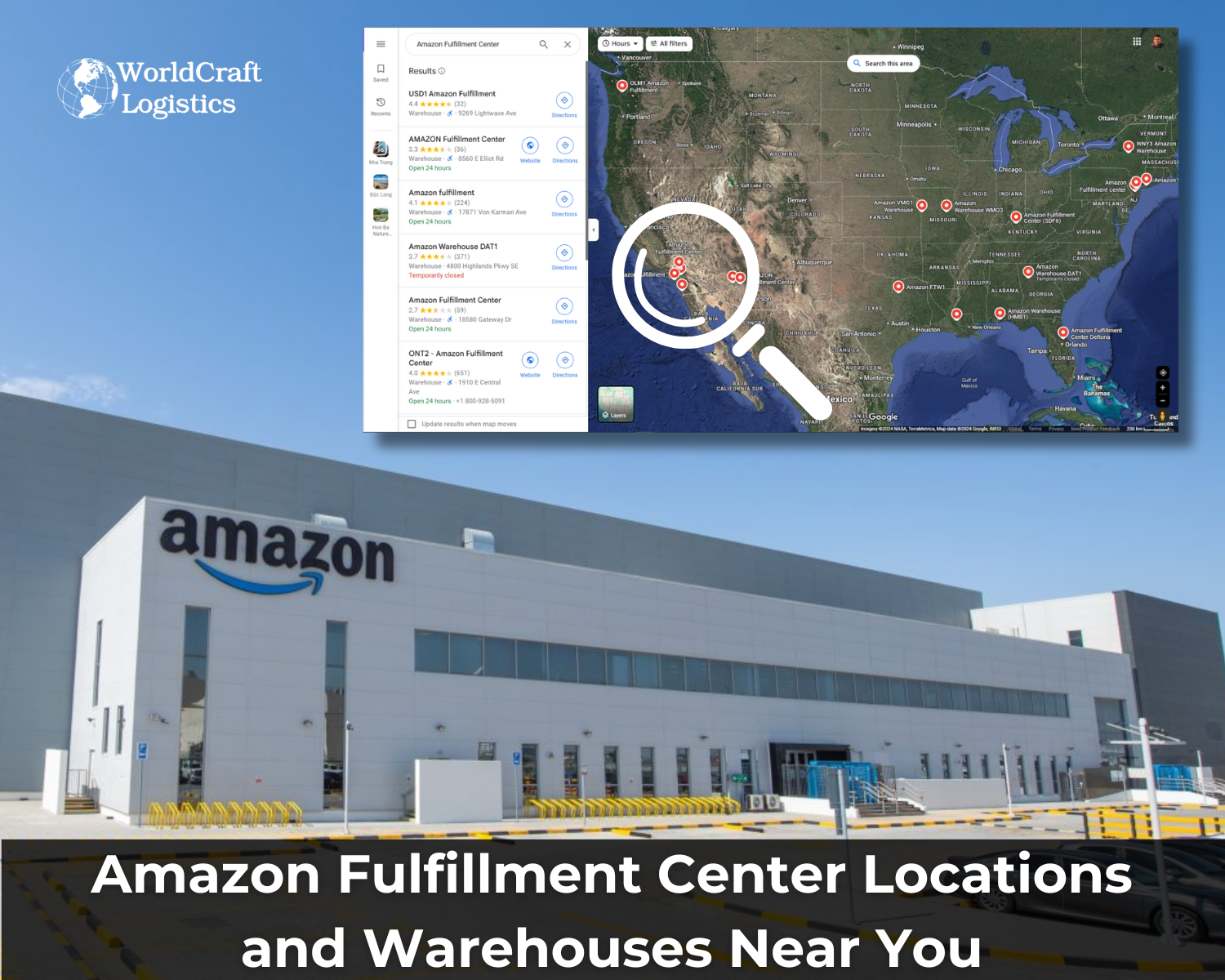
Amazon Handbook
11/10/2024

Amazon Handbook
09/15/2024
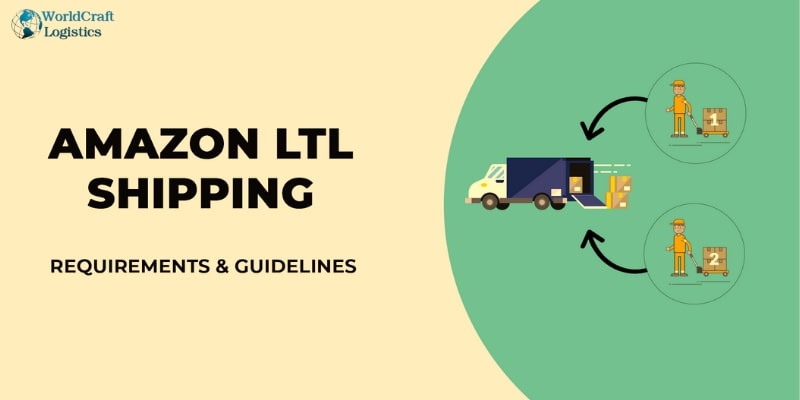
Amazon Handbook
10/15/2023
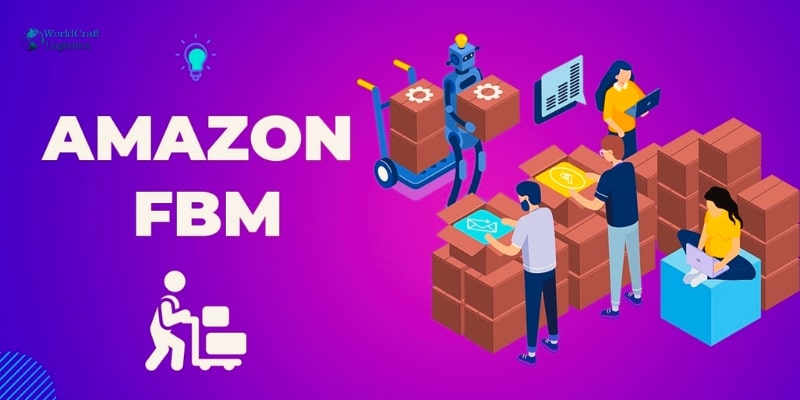
Amazon Handbook
12/04/2023